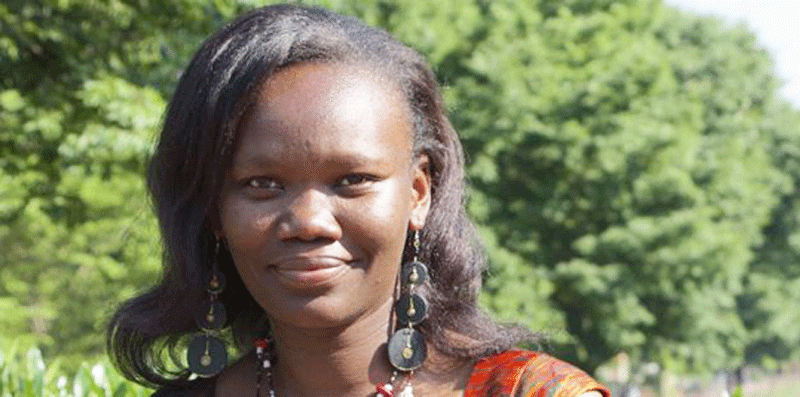
The United Nations and the African Union have joined a team of nineteen local and international human rights organisations to challenge Uganda’s law on criminal defamation as inconsistent with the principles of human rights and democracy.
The Human Rights Network for Journalists HRNJ-Uganda, filed a petition in the East African Court of Justice in Arusha to challenge section 179 and 180 of the Penal Code of Uganda that provides for Criminal Defamation.
Catherine Anite, a Ugandan lawyer leading the petition on behalf of the Uganda Human Rights Network for Journalists HRNJ-Uganda told The Sunrise the application endeavours to enlist the support of a regional court.
Anite said: “We want the East African court of justice to show that criminal defamation does not conform to the principles set by the East African Community Treaty of good governance, democracy, accountability and respect for human rights.”
The first application was filed by the late CBS journalist Ronald Ssembuusi Vs the Attorney General of Uganda under Ref. Number 16 of 2014 with support from HRNJ-Uganda. According to Anite, following Ssembuusi’s death on January 1, 2015, his brother will step in his late brother’s shoes.
The second application was filed by the Media Legal Defense initiative and 19 others Vs the Attorney General of Uganda.
The move to seek a regional interpretation comes after several failed attempts by Ugandan journalists to challenge the law as unconstitutional because human rights defenders argue that it stifles freedom of speech and freedom of the media.
HRNJ’s decision to pursue the interpretation of a higher regional court was triggered by the loss of a case in which the former district Chairman of Kalangala Daniel Kikoola accused Ssembuusi of defaming him when he implicated him in the theft of 40 solar panels donated to the district.
Ssembuusi was convicted by the Magistrates court in Masaka and sentenced to one year in jail or a fine of one million shillings. Before his death, Ssembuusi had appealed his conviction in the High Court of Masaka. Ssembuusi’s cause of death was attributed to deterioration in his health conditions and not due to his battles with the security officials.
Despite his death, HRNJ and several other human rights organisations in Uganda consider the penal code provisions as a critical limitation to freedom of expression and of the media because it is used by politicians to evade criticism.
Anite said: “Government officials use criminal defamation to gag journalists and block them from sharing with the wider public regarding issues of accountability including corruption.
“When journalists attempt to write about corruption and mismanagement of public resources, they are slapped with criminal defamation and yet public officials have voluntarily placed themselves in the public arena and so should be tolerant to public criticism.”
The East African Court of Justice has set this Friday July 31, 2015 for the first hearing of expert opinions.

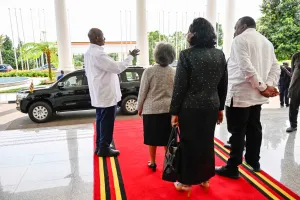
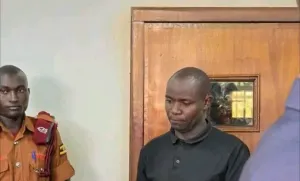


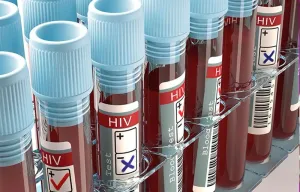

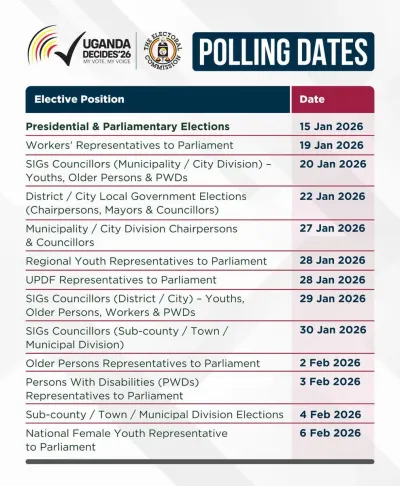





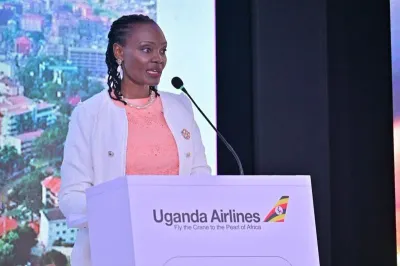

Sunrise reporter
Leave a Comment
Your email address will not be published.